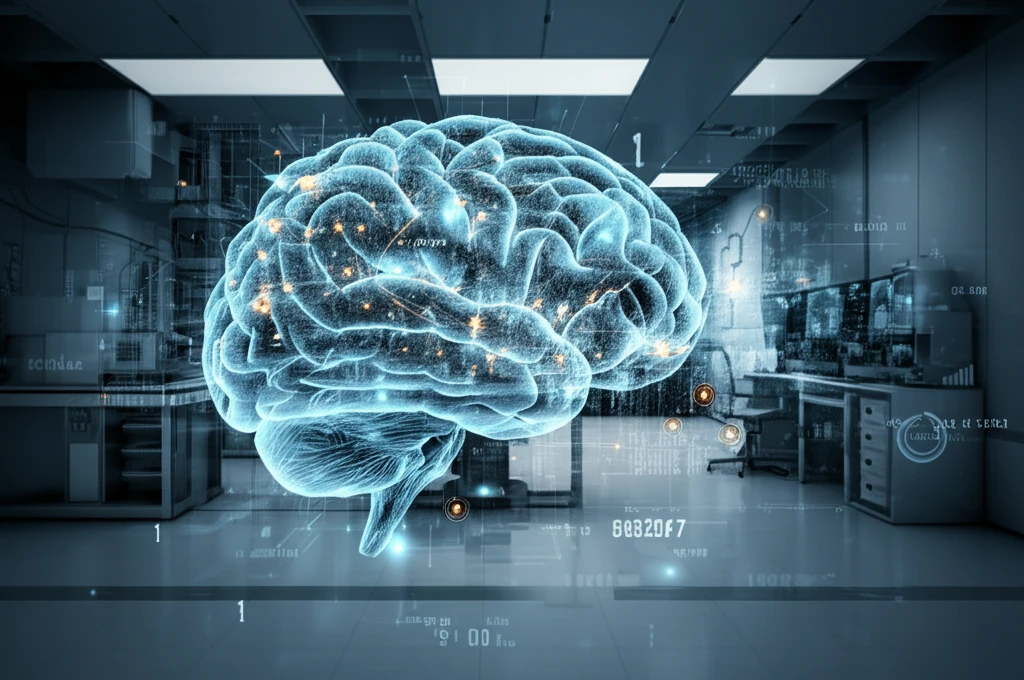
Unlock Hidden Knowledge: How Integrating Tacit Insights Fuels Scientific Breakthroughs
"Dive into the future of scientific discovery by merging unspoken expertise with established data – a guide for researchers and innovators."
Scientific research is often perceived as a process driven by data collection, rigorous analysis, and the open sharing of results. However, this perspective often overlooks a critical component: tacit knowledge. Tacit knowledge, the unwritten, unspoken, and often intuitive understanding held by experts, plays a pivotal role in advancing scientific frontiers. Imagine a seasoned biologist who instinctively knows where to find a rare species, or an engineer who can troubleshoot a complex system with an uncanny sense – that's the power of tacit knowledge.
The integration of tacit knowledge with explicit data is essential to develop a new, in-depth understanding of the topic. While explicit knowledge is readily documented and shared, tacit knowledge remains locked within the minds of individuals. Effectively harnessing this knowledge unlocks deeper insights, enhances problem-solving capabilities, and fosters creativity. When combined, these forms of knowledge accelerate discovery and lead to more robust and applicable solutions.
This article will explore a framework for integrating tacit knowledge into scientific practices. It provides a pathway for understanding the benefits, methodologies, and practical steps needed to unlock the full potential of scientific research. By bridging the gap between the known and the unspoken, we can pave the way for groundbreaking discoveries and a more comprehensive understanding of the world around us.
Why Tacit Knowledge Matters: Unveiling the Untapped Potential in Science

Tacit knowledge is more than just a feeling; it's a deeply ingrained understanding developed through years of experience. It encompasses insights, intuition, and practical know-how that aren't easily articulated. In scientific fields, this can translate to:
- Faster Problem Solving: Experts can quickly identify root causes and potential solutions based on past experiences.
- Enhanced Innovation: Tacit knowledge fuels creative thinking and the development of novel approaches.
- Improved Decision Making: Intuition and understanding complement data analysis, leading to better-informed choices.
- Deeper Insights: Tacit knowledge provides context and nuances that data alone cannot reveal.
The Future of Scientific Discovery: Embracing the Power of Unspoken Insights
The integration of tacit knowledge into scientific research represents a significant step towards a more holistic and comprehensive approach to discovery. By embracing the unspoken expertise of individuals, we can unlock new insights, accelerate innovation, and solve complex problems more effectively. This integration promises to transform the way we approach scientific challenges, paving the way for a future where both data and intuition drive progress.
